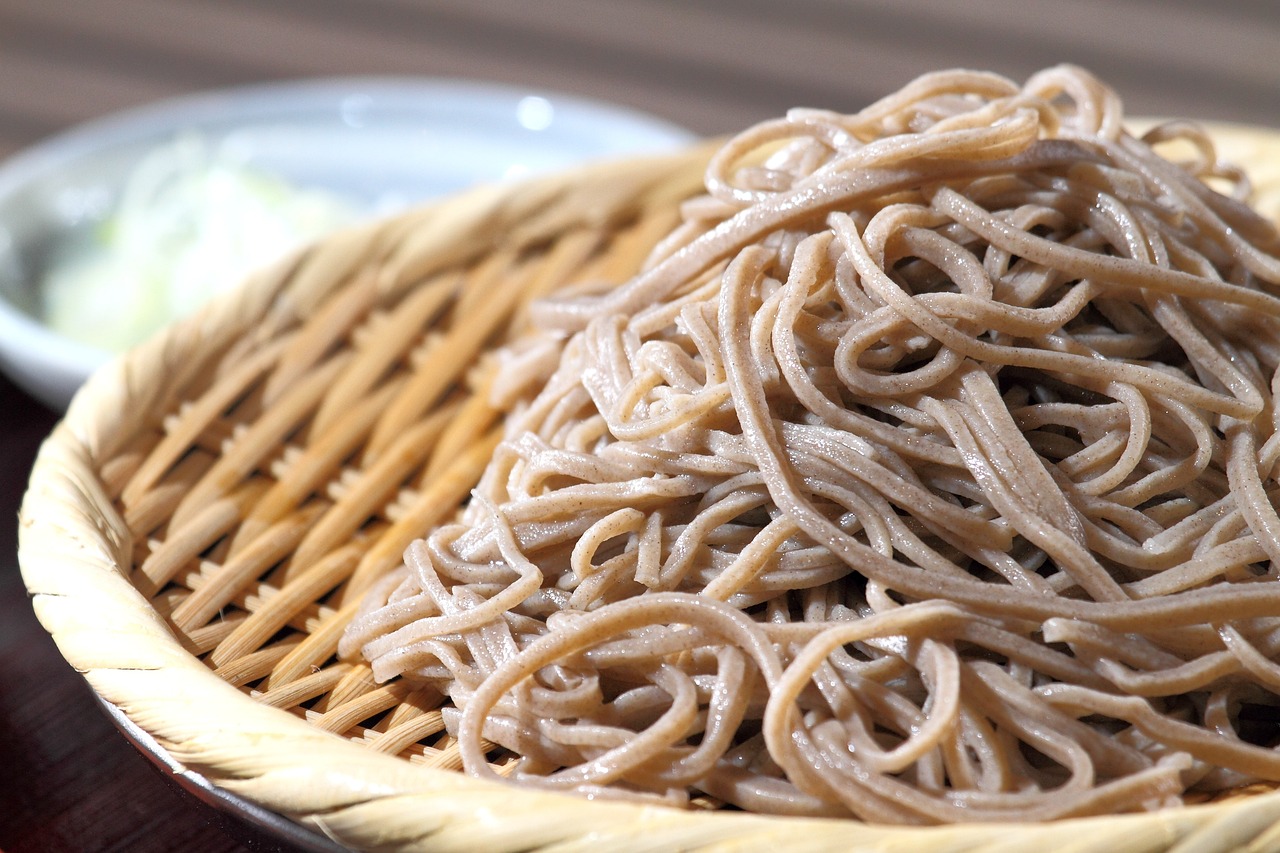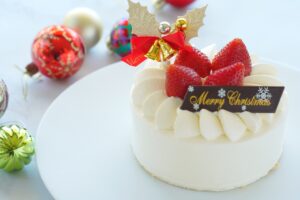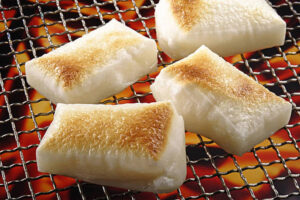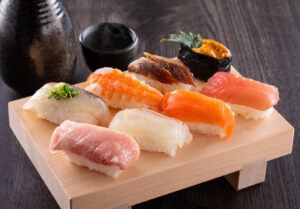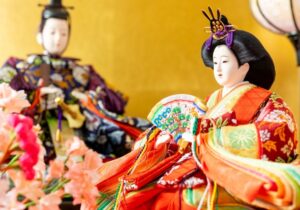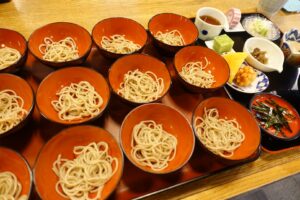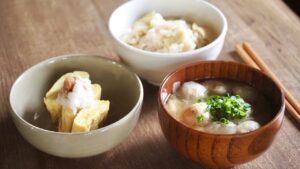In Japan, there is a custom of eating soba noodles on New Year’s Eve. It is generally called “Toshikoshi Soba” (New Year’s Eve Soba).
Soba noodles can of course be purchased at local supermarkets, but many people make reservations for soba noodles at their favorite soba restaurants or for a special experience. On New Year’s Eve or the day before New Year’s Eve, soba restaurants are very crowded, and many of them do not allow customers to purchase take-out soba without reservations.
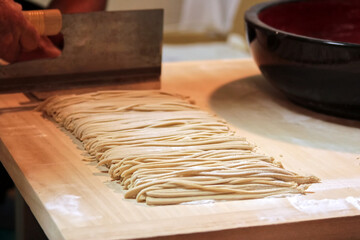
Toshikoshi Soba is a good luck charm for a happy new year
Soba eaten on New Year’s Eve in Japan is generally called “Toshikoshi Soba” .
In Japanese, “Toshikoshi” means the end of the year and the beginning of a new year. It is called “Toshikoshi Soba” because it is eaten on the day the year ends, that is, on New Year’s Eve. It is not a special menu eaten only on that day.
There are various other names for Toshikoshi Soba depending on the region.
- Toshitori Soba
: Because it is one of the “New Year’s Eve” events. In Japan, welcoming the new year is also called “Toshitori. - Misoka Soba
: Soba eaten on the last day of the month. - O-misoka Soba
:O-misoka is the last day of the year.
Other names for New Year’s Eve Soba include: O-tsugomori Soba, Enkiri Soba, Jumyo Soba, Un Soba, Fuku Soba, and Toshi-kiri Soba.

Reasons for Eating New Year’s Eve Soba
There are a number of customs and lore as to why people eat soba on New Year’s Eve.
To wish for longevity
Wishing for a long life without great misfortune, like a long and thin buckwheat noodle.
To wish for prosperity of offspring and longevity of family fortune.
As the buckwheat noodle is long and thin, for long-lasting family ties and descendants.
To stay close (soba) to you forever.

To break off hardships, disasters, debts, etc.
It is said that soba came to be recognized as “food” before the Nara period (710-794).
For a long time, soba was eaten as porridge made by boiling buckwheat grains, or as buckwheat cakes, which were made by baking buckwheat kneaded with water or other ingredients.
It was not until the Edo period (1603-1867) that soba was cut into noodles as we know it today. At that time, soba was very easy to cut because it did not contain a binding agent like wheat.
This was the reason for the soba’s auspiciousness, as it was believed to cut off hardships, bad luck, and debt, and to welcome the New Year. In the Edo period (1603-1867), it was believed that if a debt was carried over to the next year, it would not bring good luck the following year.

For luck to prevail
Jotenji Temple in Fukuoka City, Fukuoka Prefecture, is famous as the birthplace of udon and soba noodles.
During the Kamakura period (1185-1333), on New Year’s Eve, Jotenji offered buckwheat cakes to the poor. Legend has it that those who ate the buckwheat cakes had better luck the following year, so it became a custom to eat soba (buckwheat noodles) at the end of the year!
To welcome the New Year in good health
During the Edo period (1603-1867), beriberi was prevalent due to nutritional deficiencies. It was accompanied by fatigue and numbness, and if serious, was fatal. The most susceptible to the disease were people of high rank, such as shoguns, warriors, and aristocrats.
It was rumored that eating soba (buckwheat) would prevent the onset of beriberi, and people ate soba in order to start the new year in good health.
Beriberi is a malnutrition caused by a lack of vitamin B1. It is now believed that during the Edo period, people of high status stopped eating brown rice and ate mainly white rice with a few side dishes, which resulted in unbalanced nutrition. Buckwheat is high in vitamin B1. Although it was only a rumor at the time, it was actually a food that could be expected to be effective in preventing beriberi.
In addition, a book written in the Edo period (1603-1867) describes how buckwheat improves the body’s metabolism and cleanses the body.

To improve one’s luck with money
In the Edo period (1603-1867), craftsmen who worked with goldsmiths and gold leaf used buckwheat flour rolled into dumplings to collect gold dust scattered from their work. The used buckwheat dumplings were dissolved in water and only the gold dust was taken out. As a good luck charm for collecting gold, New Year’s Eve soba was favored in the hope that business would prosper in the following year.
Buckwheat is a hardy plant
The plant buckwheat is resistant to rain and wind and grows well again when exposed to the sun. Therefore, legend has it that people ate buckwheat to pray for good health in the following year.

The custom of eating soba at the end of the month
There was a custom called “Misoka Soba” in which soba was eaten at the end of the month when merchants were busy. It is said that the custom of eating soba at the end of the year as well became a custom.
When to eat New Year’s Eve Soba Noodles
It is said that if one eats New Year’s soba, it is better to finish it before the end of the year, because it has the meaning of “cutting off the hardships and bad luck of the year” and “not carrying them over to the next year” .
The time of the day varies, depending on the region and the family, but most people actually eat it in the evening or at midnight (before the day changes).
In some areas, people eat it on New Year’s Day instead of at the end of the year.
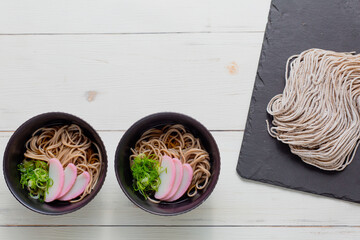
Special rituals and toppings for New Year’s Eve soba
There is no special custom for eating New Year’s Eve soba.
Either hot or cold soba is acceptable.
New Year’s Eve soba noodles is a good-luck food eaten to welcome the new year. Therefore, there is a custom of topping it with ingredients that bring good luck.
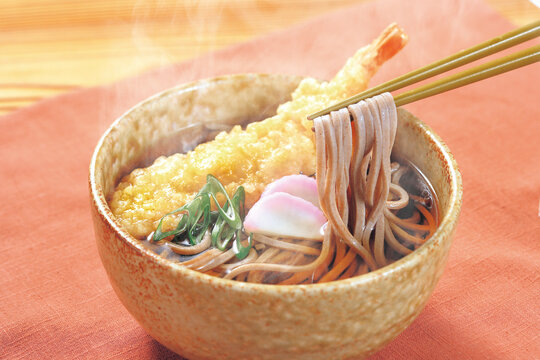
- Green onion / Negi
: To thank for one’s labor / Negirau. A word that is also used in the Shinto priest’s name “Negi”. - Shrimp
: Pray for longevity, as shrimp are bent at the waist. - Garland chrysanthemum
: Pray for prosperity as it is in season in winter. - Red and white fish paste
: Symbol of happiness. - Egg omelet
: Golden color for good luck and prosperity. - Fried tofu / Abura-age
: Pray for a good harvest, prosperous business, and family safety.
At the end of the year, enjoy Toshikoshi Soba with your loved ones or while wishing for the happiness of your family and loved ones, hoping that the New Year will be a wonderful year!
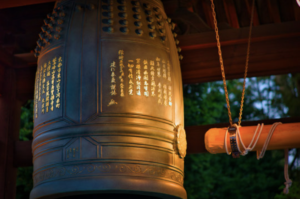

👉Feel free to contact us if you have any questions.

